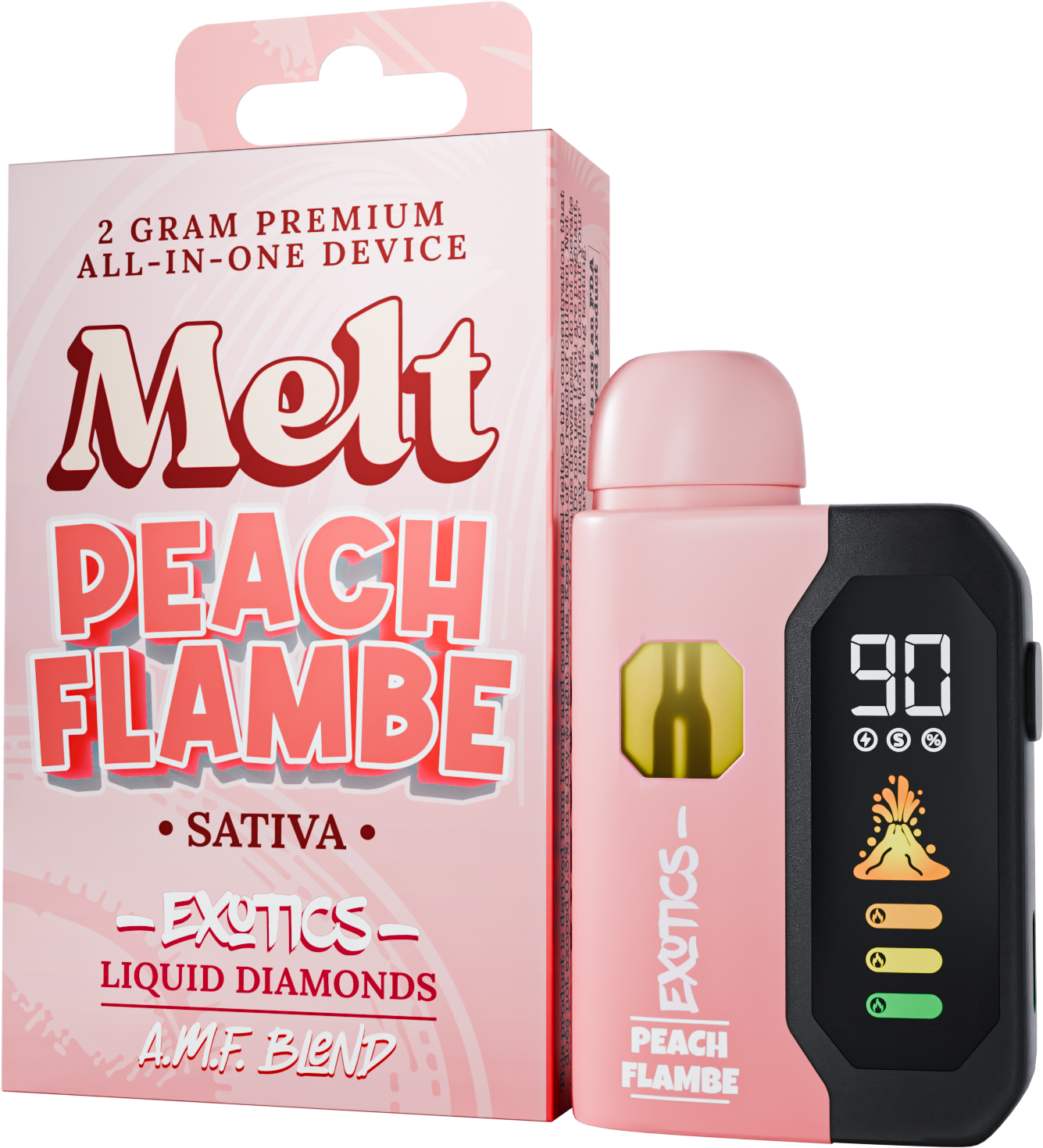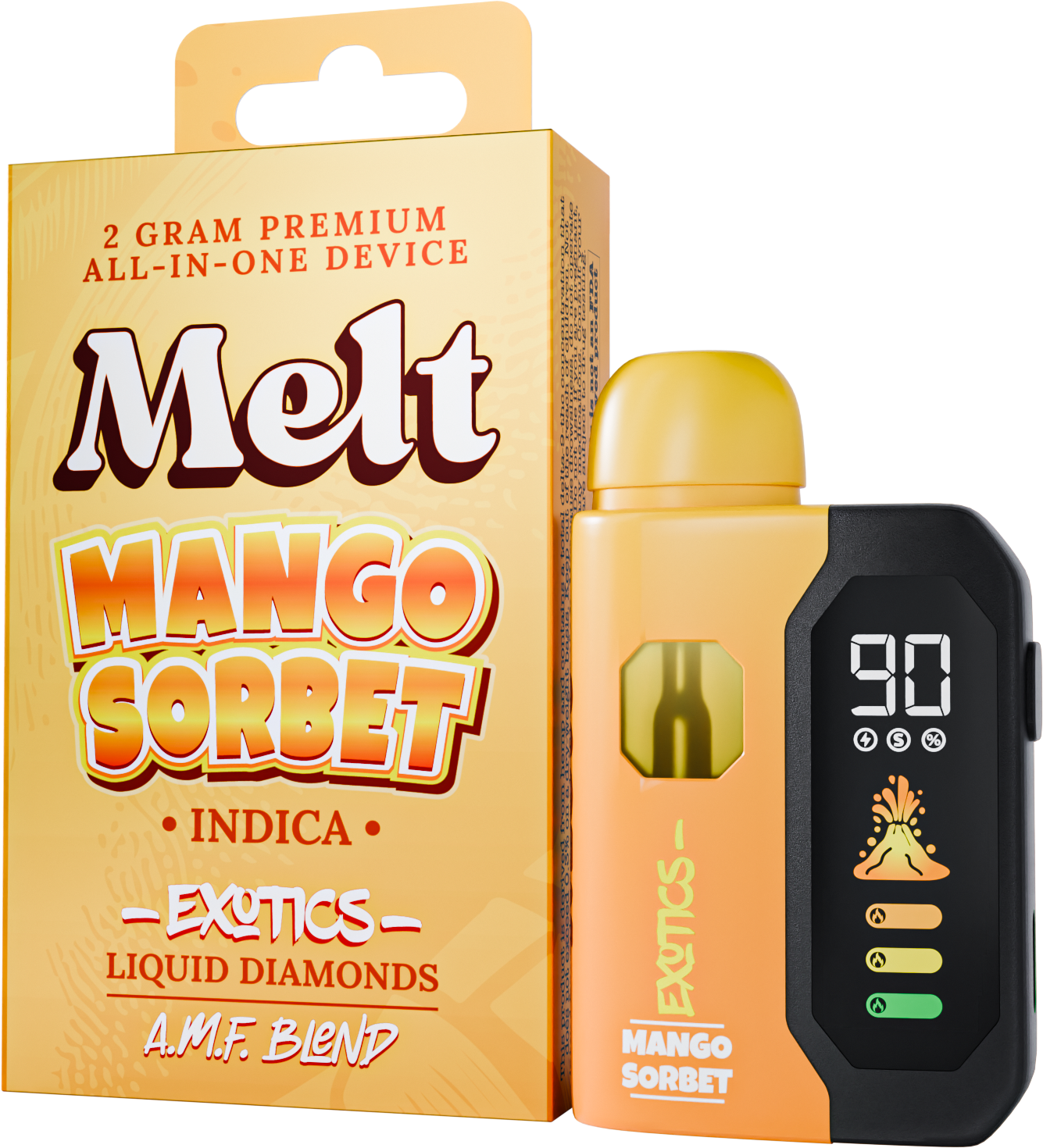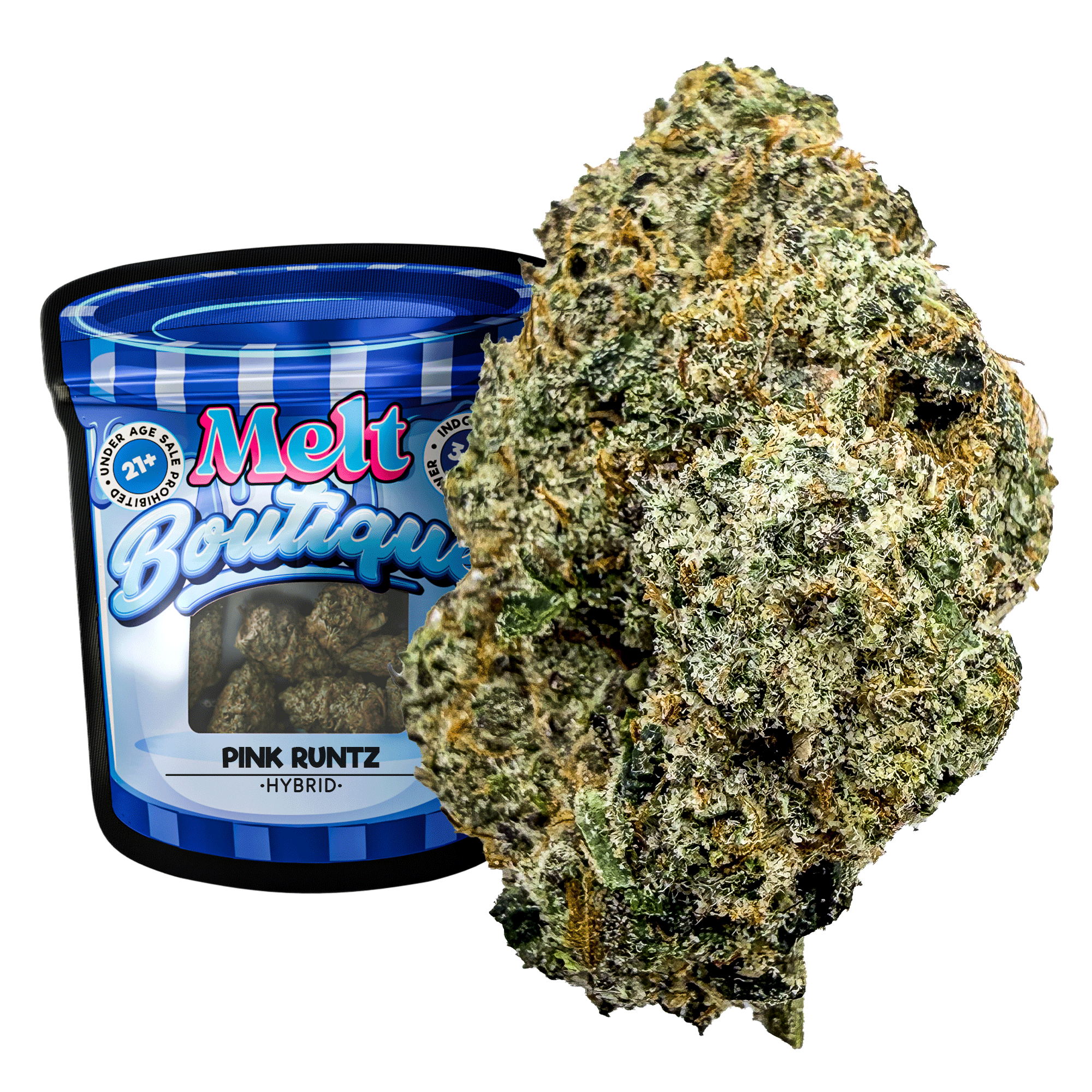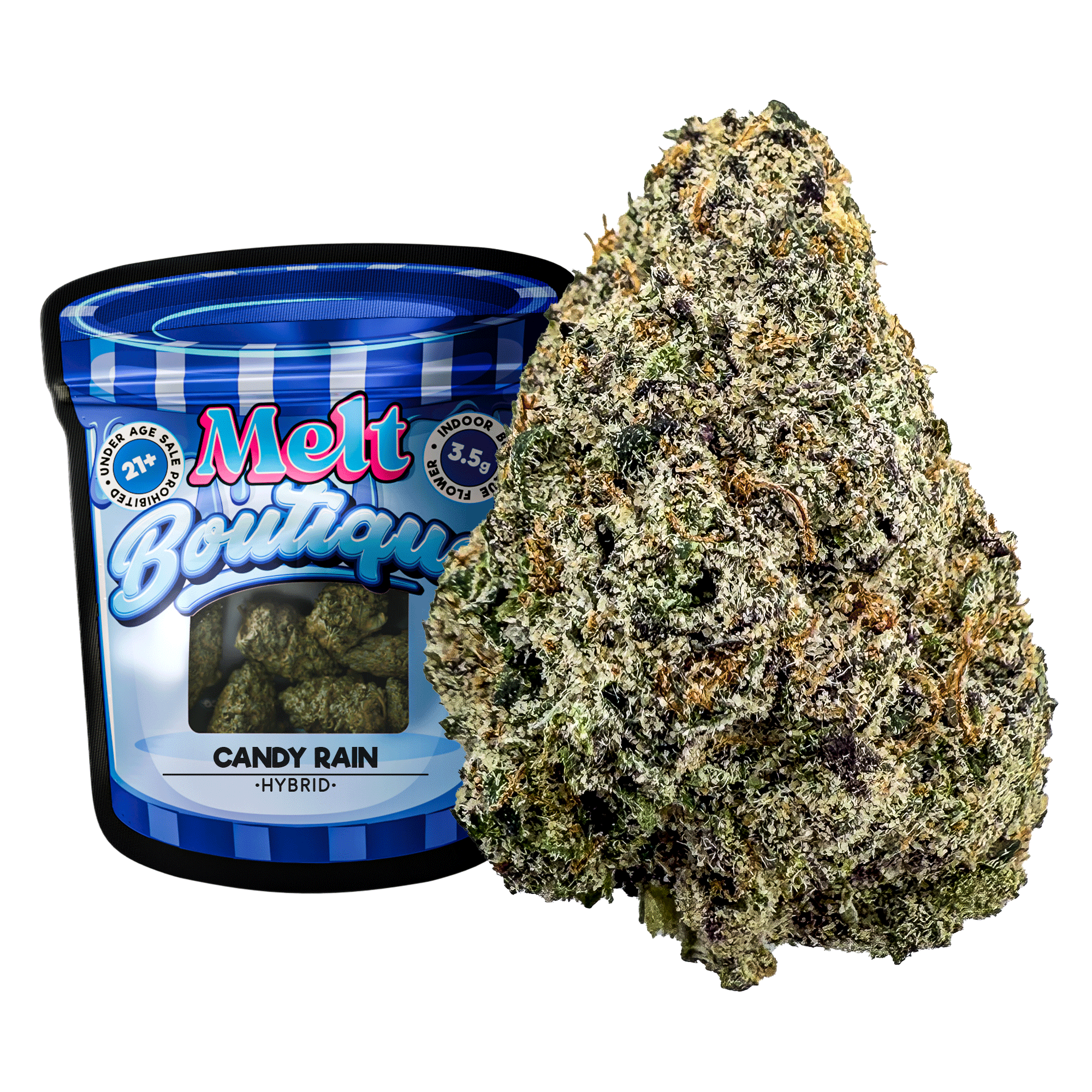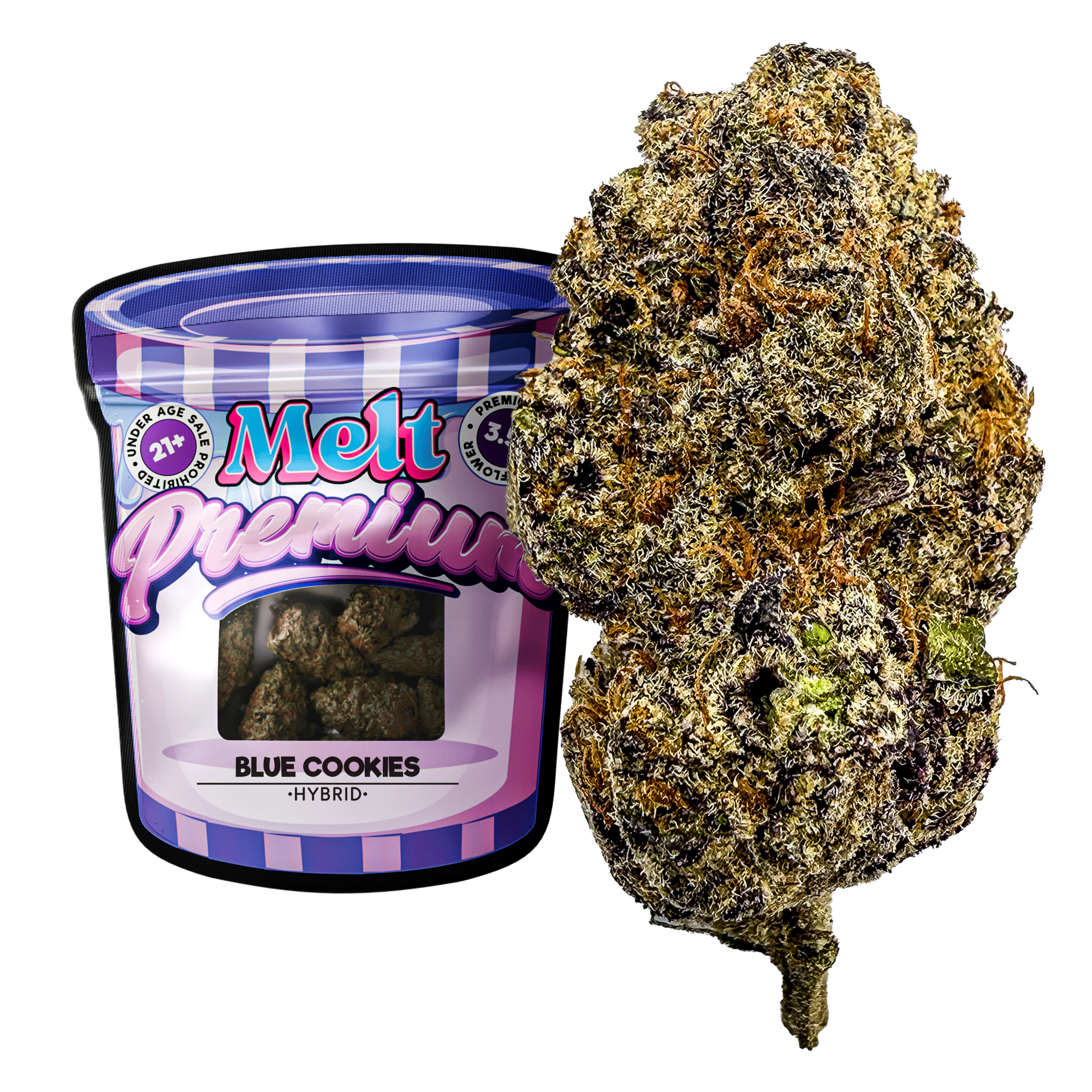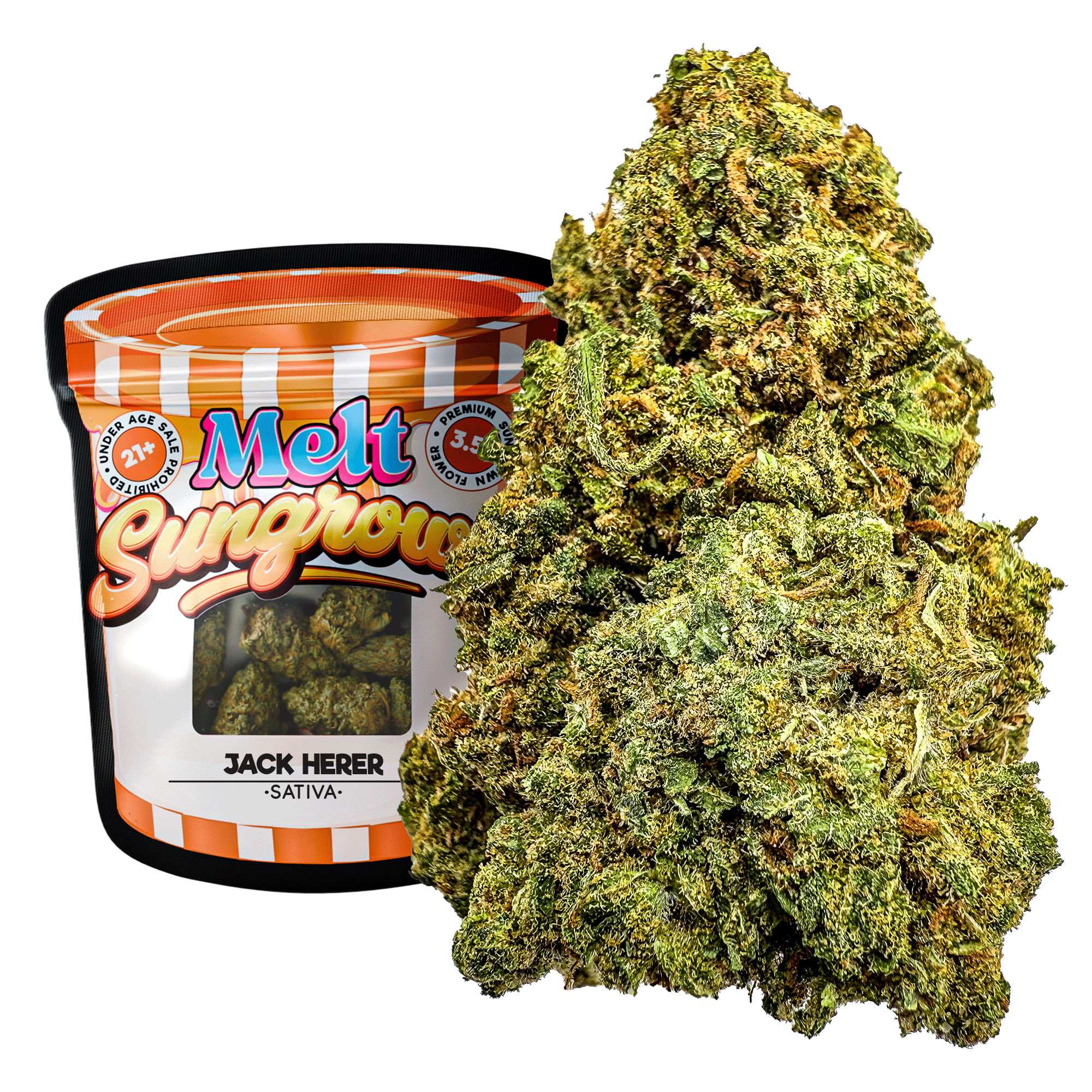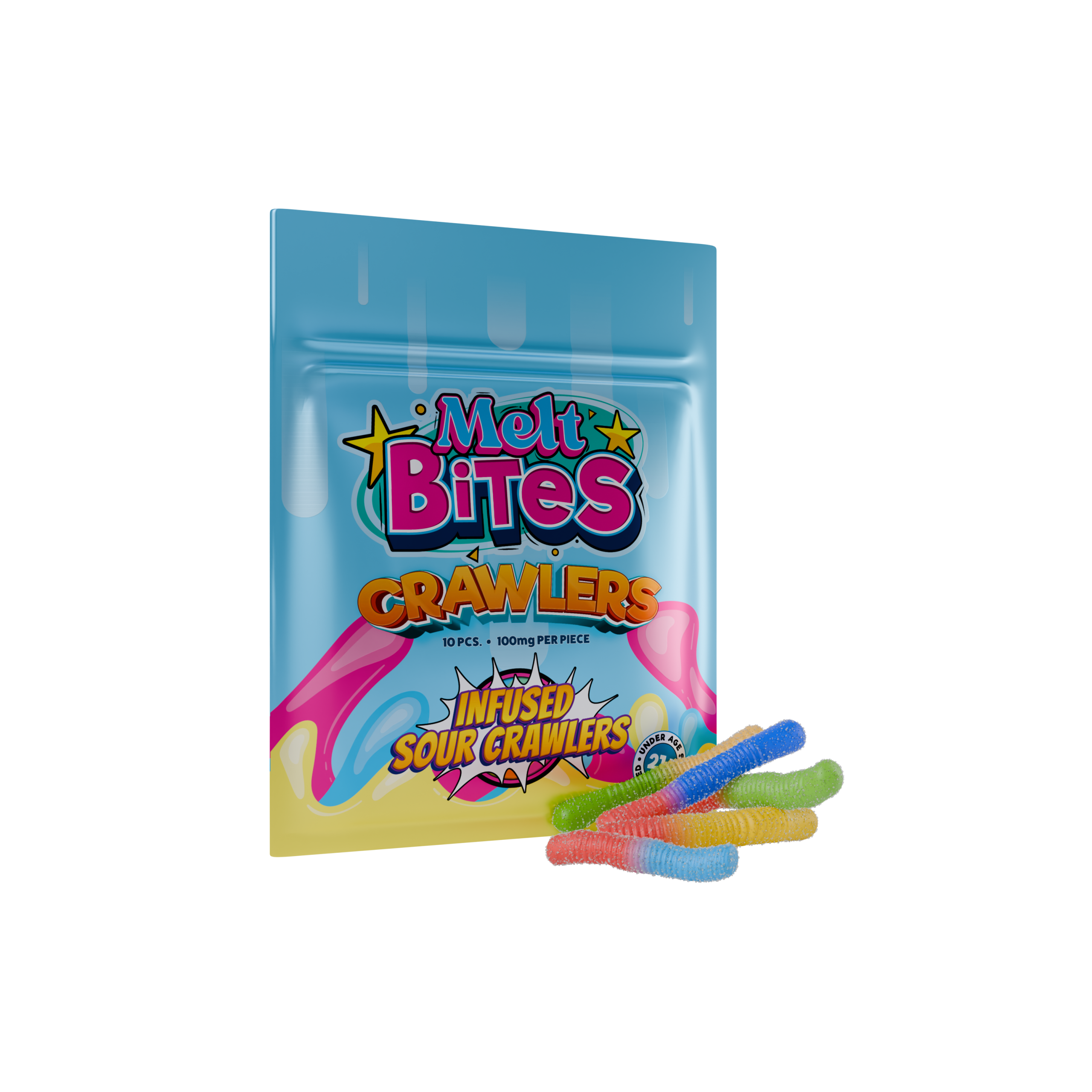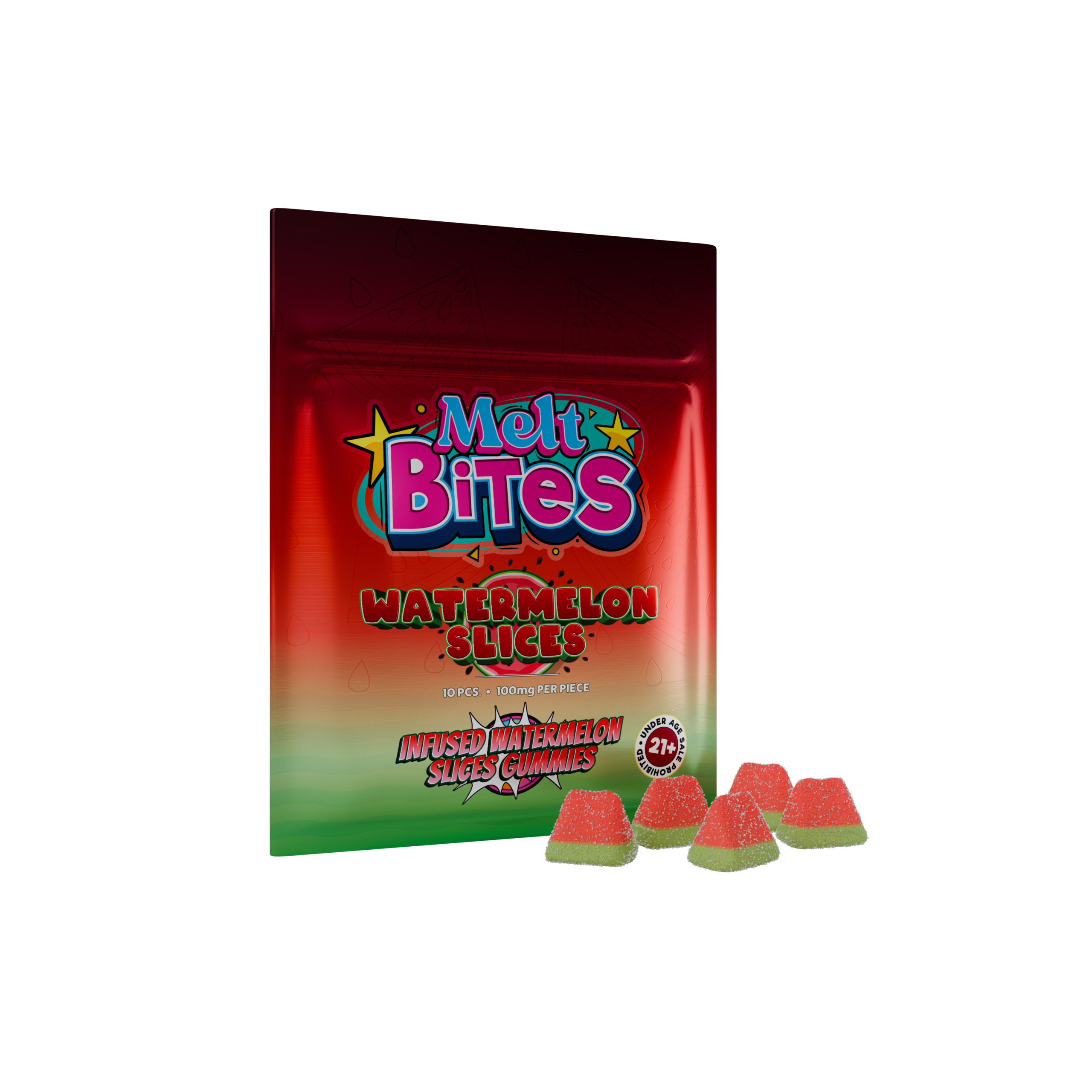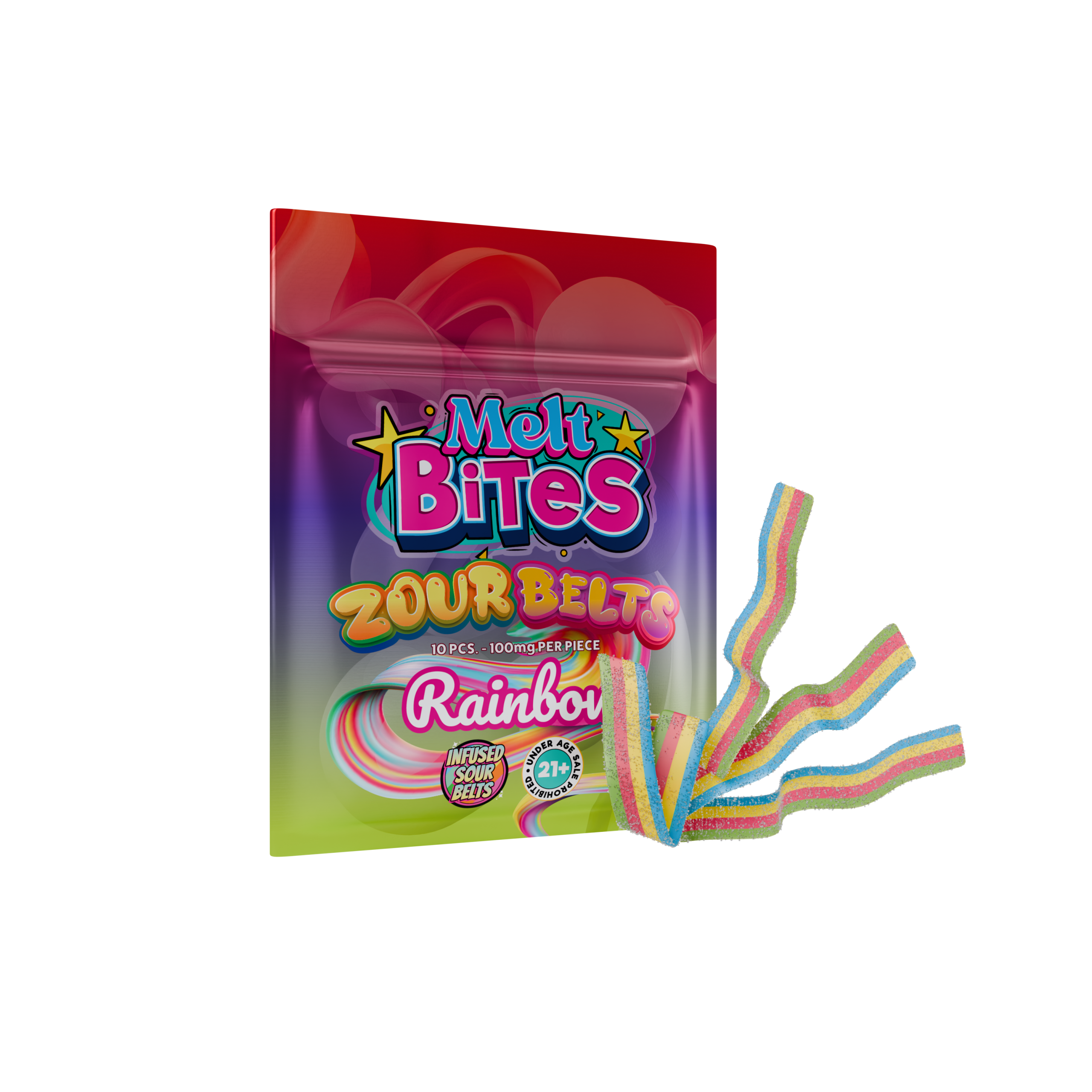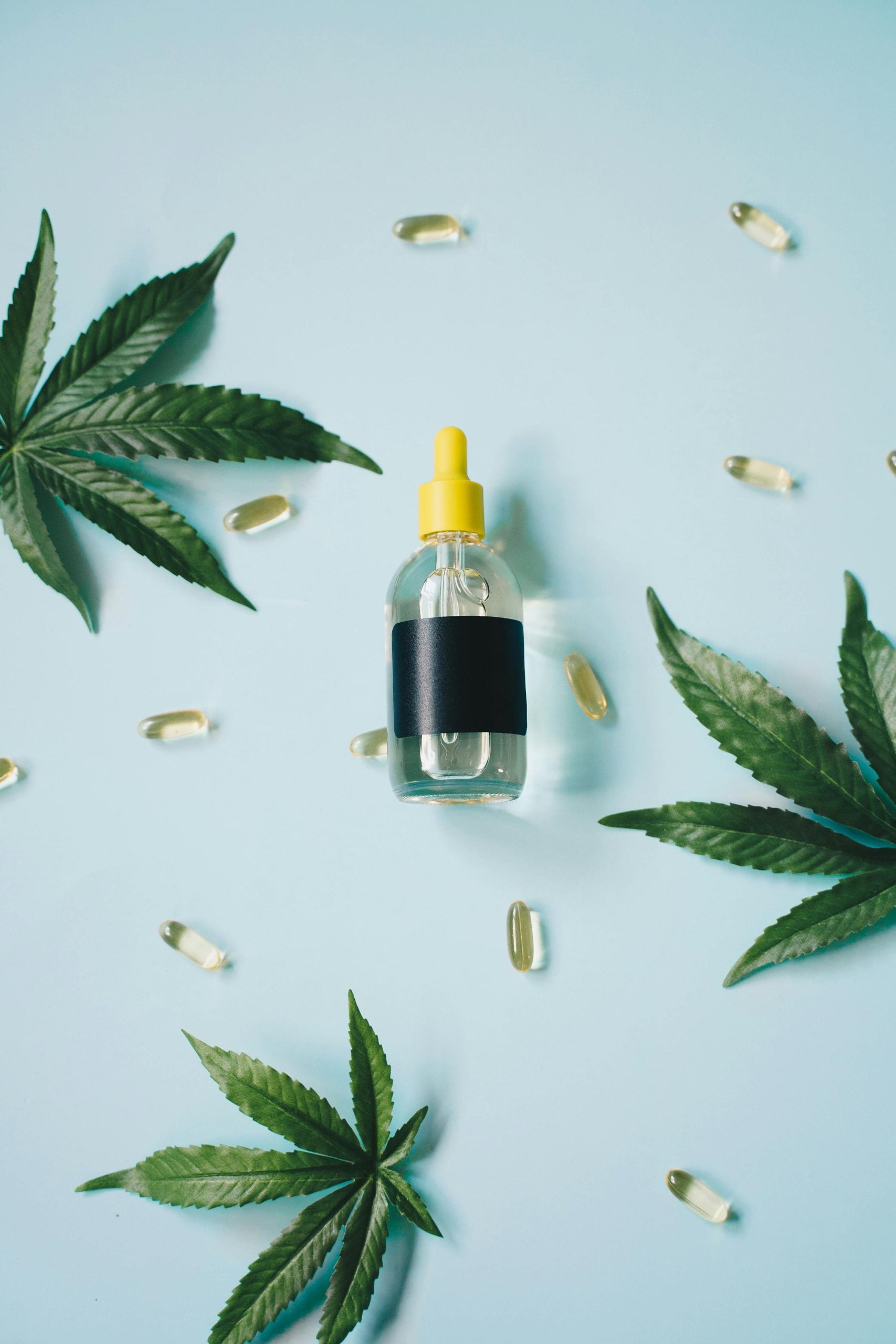

THCA vs. CBD: Which Is Better for Your Wellness Needs?
Cannabinoids are the active compounds found in the cannabis plant, and they interact with the body’s endocannabinoid system to produce various effects. Two of the most well-known cannabinoids are CBD (cannabidiol) and THCA (tetrahydrocannabinolic acid). While both are derived from the cannabis plant, they have different properties, effects, and potential therapeutic uses.
Chemical Structure and Formation
CBD
CBD is formed through the decarboxylation of CBDA (cannabidiolic acid). When cannabis containing CBDA is exposed to heat or prolonged storage, CBDA loses a carboxyl group (COOH) and transforms into CBD. It is a non-psychoactive compound, meaning it does not produce the “high” associated with cannabis use. It has a distinct chemical structure that allows it to interact with the endocannabinoid system differently compared to THC.
THCA
THCA is the precursor to THC (tetrahydrocannabinol). It is present in raw and live cannabis. When cannabis containing THCA is heated (through smoking, vaping, or cooking), it undergoes decarboxylation, losing a carboxyl group and converting into THC. THCA itself is non-psychoactive, but it transforms into the psychoactive THC upon decarboxylation, which is responsible for the “high” experienced when consuming cannabis.
Psychoactivity
CBD
CBD does not produce a high. It can actually counteract some of the psychoactive effects of THC, such as anxiety and paranoia, by modulating the way THC interacts with the brain. It interacts with various receptors in the endocannabinoid system, including CB1 and CB2 receptors, but it does not bind directly to them. It influences these receptors indirectly and can also interact with other receptors outside the endocannabinoid system, such as serotonin receptors.
THCA
In its raw form, THCA does not produce a high. It must be decarboxylated into THC to have psychoactive effects. Once converted into THC, it binds directly to CB1 receptors in the brain, leading to the psychoactive effects commonly associated with cannabis.
Therapeutic Uses
CBD
- Anxiety and Depression: It has been shown to have anxiolytic and antidepressant effects, making it a popular choice for managing anxiety and depression without the psychoactive effects of THC.
- Pain and Inflammation: It is effective in reducing pain and inflammation, making it useful for conditions such as arthritis, multiple sclerosis, and chronic pain.
- Epilepsy and Seizures: One of the most well-documented uses of CBD is in reducing the frequency and severity of seizures, particularly in conditions like Dravet syndrome and Lennox-Gastaut syndrome.
- Neuroprotective Properties: It has shown promise in protecting the brain and nervous system, potentially aiding in the treatment of neurodegenerative diseases like Alzheimer’s and Parkinson’s disease.
THCA
- Anti-Inflammatory: THCA has anti-inflammatory properties, which can help with conditions involving chronic inflammation.
- Neuroprotective: It may have neuroprotective properties, making it potentially beneficial in preventing neurodegenerative diseases.
- Anti-Nausea: Some studies suggest that it can help reduce nausea and vomiting, similar to THC but without the psychoactive effects.
- Anti-Proliferative: It has shown potential in inhibiting the growth of cancer cells, though more research is needed to fully understand its efficacy and mechanisms.
Legal Status
CBD
- Legality: It is derived from hemp (containing less than 0.3% THC) is legal in many places, including the United States, following the 2018 Farm Bill. However, regulations can vary significantly between countries and even within regions of a country.
- Regulation: Despite its legal status, the FDA has only approved one CBD product, Epidiolex, for specific medical conditions. The market is largely unregulated, leading to variability in product quality and potency.
THCA
- Legality: The legal status of THCA is more complex. While THCA itself is non-psychoactive, its potential to convert into THC makes it subject to the same regulations as THC in many jurisdictions. This means that in areas where THC is illegal, its acidic form may also be restricted.
- Regulation: In regions where medical or recreational cannabis is legal, THCA products may be available and regulated similarly to other cannabis products.
Conclusion
Both compounds offer unique therapeutic benefits without the psychoactive effects associated with THC. CBD is widely recognized for its effectiveness in treating a range of conditions, including anxiety, pain, and epilepsy. THCA, while less studied, shows promise in its anti-inflammatory, neuroprotective, and anti-nausea properties.
